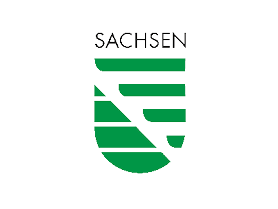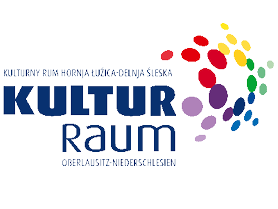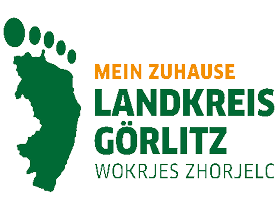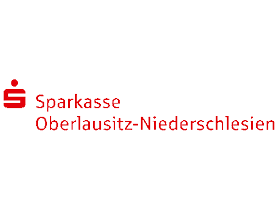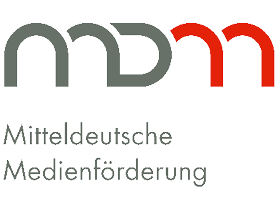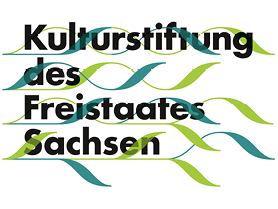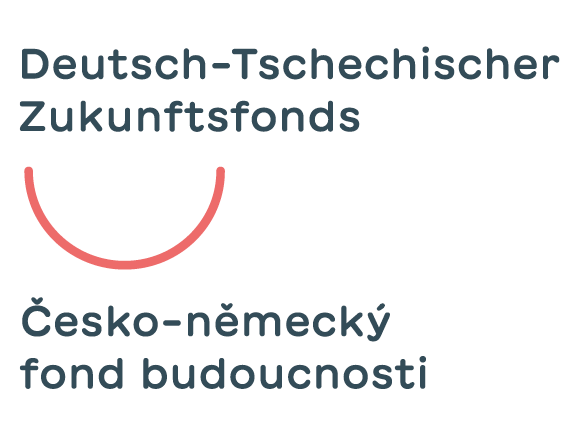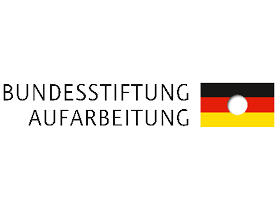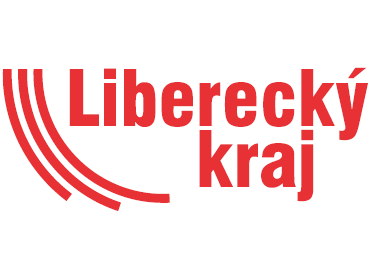Tomorrow the 20th Neisse Film Festival will come to a close in the tri-country corner on the Neisse River. The trinational film festival, on since Tuesday, has shown approximately 100 films in three competition categories as well as various other topical categories of film as well as an active side program with film discussions, exhibitions, concerts and more.
The award ceremony where the Neisse Fish sculptures created by the local artist Andreas Kupfer from Strahwalde were granted the winners already on Saturday evening. The top prize of the festival, sponsored by the Saxon Ministry of the Sciences and Fine Arts with €10,000, the "Neisse Fish for Best Feature Film" was granted to Alaska by Max Gleschinski.
The jury, comprised of German cameraman Frank Amann, Polish screenplay author and director Piotr Chrzan and the Czech actress Alena Doláková, had nine feature films to choose between; three each from Poland, Germany and the Czech Republic. The jurors state: "The film takes us on a journey through the ups and downs of human experiences and feelings. Thanks to the talents of the filmmaker, we can watch the figures as they wrestle with the truth about themselves and the truth about their relationships with other people. The film is a wonderful proof that cinema, made for cinema, is not yet dead."
The award sponsored by the city of Zittau, for best acting, goes to Linda Pöppel for her performance in "Tamara" by Jonas Ludwig Walter. In their statement of motivation, the jury highlights: "Linda Pöppel is absolutely authentic in the role of Tamara. She exposes herself emotionally but her performance is reduced, at places almost minimalistic. Instead of emotional exaggeration she offers embodied emotions and brilliant movements. She masters the entire film without any second of hesitation."
Antonín Šilar has been awarded the prize for best production design, sponsored y the city of Görlitz, for his work on the Czech feature film "Běžná selhání" (Ordinary Failures) by Cristina Groșan. "The production design elevates itself in its support of the intention of stage direction and film. The production designer challenges the dubious desire for perfection in his approach to architecture and design. The crowded constrictedness of the rooms creates the tangible experience of the characters' increasing discomfort and their resistance, and makes their outbreaks understandable. The film shows a Prague of glas, steel and concrete unlike we've ever seen before," states the jury.
The Neisse Fish for the best screenplay, sponsored by the Liberecký kraj, went to Fabian Stumm for "Knochen und Namen" (Bones and Names), who also directed the film. With the prize, the jury honored the "... irony-laden unpredictability and non-obvious conversations, which we could listen to endlessly." Also in their statement, the jury expresses that "[t]he author of the film captures the surprising yet inescapable dynamic of human life." The Polish entry,
"Chleb i sól" (Bread and Salt) by Damian Kocur, has received special mention in the feature film competition.
Best Documentary: "Lombard" (Pawnshop) by Łukasz Kowalski
The Polish entry "Lombard" by Łukasz Kowalski has received the award for best documentary film in the trinational competition with nine productions competing for the €5,000 prize sponsored by the local campaign "So geht sächsisch." The jury members, German director Ute Adamczewski, the Polish director Michal Kawecki and the Czech film production assistant Walter Nagy highlight with their statement: "With great perseverance the filmmakers of „Lombard/Pawnshop“ observe the economic and social microcosm of a retail business in trouble. It is due to the succinct and seemingly minimalist cinematic means with which the place, its people and their relationships are depicted, that we, as spectators have the chance to witness and mind the conditions in which many people are in today. It is precisely in this, that the film gives us an idea that we all are not only vendors and consumers in a world of goods, but that it is the way we deal with each other that counts and that solidarity is the most important currency in our world today."
Best Short Film: "Volver al Sur" (Returning South) by Sofia Ayala
The prize for the best short film has been awarded to the German entry "Volver al Sur" (Returning South) by Sofia Ayala. The film tells of a life-threatening undertaking: Two siblings carry their father's dead body over the border to the south, to bury him in their homeland. This prize, sponsored with €1,000 by the Student Council of the University of Applied Sciences Zittau/Görlitz, was decided upon by the German screeplay author Arndt Steper, the Polish filmemaker Katarzyna Wilk and the Czech screenplay author, filmmaker and curator Lucia Kajánková. In the competition there were a total of 34 films of many genres - from fictional to documentary to animated or experimental. In their statement on their decision, the jury says: "The award winner is a powerful and very atmospheric short film which skillfully transmits its moving message on all relevant cinematic levels."
Honorable mention in the short film competition went to the Polish entries "Gruby Melon" (Big Phat Party) by Kinga Pudełek and "Dzieci i Ryby" (Out of Water) y Gracjana Piechula.
Special Prize of the Saxon Film Association for "Chleb i Sól" (Bread and Salt) by Damian Kocur
The Saxon Film Association has given its Special Prize this year to the Polish feature film "Chleb i Sól" (Bread and Salt) by Damian Kocur. The prize honors a film selected from among the entire program which portrays in a special way the understanding for cultural and ethnic differences between different countries or the existing commonalities between them. In their statement, the jury expresses: "With his debut feature film, casted solely with amateur actors, the director successfully depicts the attitude towards life of young people in provincial areas and at the same time puts the consequence of intolerance into clear focus."
Audience Favorites go to Germany and the Czech Republic
The audience's opinion was also included -- the audience favorite prizes for feature films from the program of the 20th Neisse Film Festival, sponsored by the local transport association (ZVON), went to the German feature film "Franky Five Star" by Birgit öller and the German documentary film "Drei Frauen" by Maksym Melnyk. Favorite short film was the Czech entry "Wszystko w porządku, ziemniaki w żołądku" (Everything's Fine, Potatoes in Line) by Piotr Jasiński. The prize has been sponsored by the Sächsiche Zeitung newspaper.
All prizewinning films can be seen on Sunday at the KunstBauerKino in Grosshennersdorf, in the Kulturfabrik Meda in Mittelherwigsdorf, in Kronenkino Zittau and in CamilloKino in Görlitz. When and where which film is being shown will be announced Saturday evening at 9:00 p.m. on the festival homepage and on social media.
The 21st Neisse Film Festival takes place from May 14-19, 2024. Current news and impressions of the festival are available for you online at www.neissefilmfestival.net.
Photo material on the Neisse Film Festival may be accessed here via Dropbox:
https://www.dropbox.com/sh/2pbeipwp67fimhy/AAClFhYy59dRjODXjnIoz2OEa?dl=0
Europe in Real-Life in the Tri-Country Region on the Neisse River
Since 2004, each May in the tri-country region between Germany, Poland and the Czech Republic, the Neisse Film Festival has presented current feature films, documentaries and short films. What began with the idea of showing films in three countries has developed into a cultural bridge for film fans and arthouse cinemas in the three neighboring countries and has also become an important meeting place for national and international filmmakers and representatives of the film industry. An aspect of this festival which sets it apart is its multi-genre and trinational character with film screenings taking place in about 20 locations along the Neisse. The trans-border program has three film competitions and various thematic film series which open perspectives into connections and relationships between the peoples of eastern Europe and into how they use film to handle and come to terms with past and present,. In addition, it also includes additional events such as concerts, readings, exhibitions and parties.
The 20th Neisse Film Festival's patrons are Michael Kretschmer, minister president of the state of Saxony; Martin Půta, Hauptmann of the Region Liberec, and Rafał Gronicz, Mayor of Zgorzelec.
The 20th Neisse Film Festival is sponsored through and with funds from the: Sächsischen Staatsministerium für Wissenschaft, Kultur und Tourismus (Saxon Ministry for Science, Culture and Tourism), Kulturraum Oberlausitz-Niederschlesien, Landkreis Görlitz - Wokrjes Zhorjelc (district/county), Sparkasse Oberlausitz-Niederschlesien bank, Mitteldeutsche Medienförderung, Kulturstiftung des Freistaates Sachsen, Deutsch-Tschechischer Zukunftsfonds, Bundesstiftung zur Aufarbeitung der SED-Diktatur, Liberecký kraj.
This festival is co-financed with tax money on the basis of the finances as decided by the budget adopted by the Saxon Landtag members.
![[Translate to English:] [Translate to English:]](/fileadmin/_processed_/e/9/csm_nff2023_Review-161_Preisverleihung_Preistr%C3%A4ger_Foto-Karin-E-Lason_692acefdd6.jpg)
